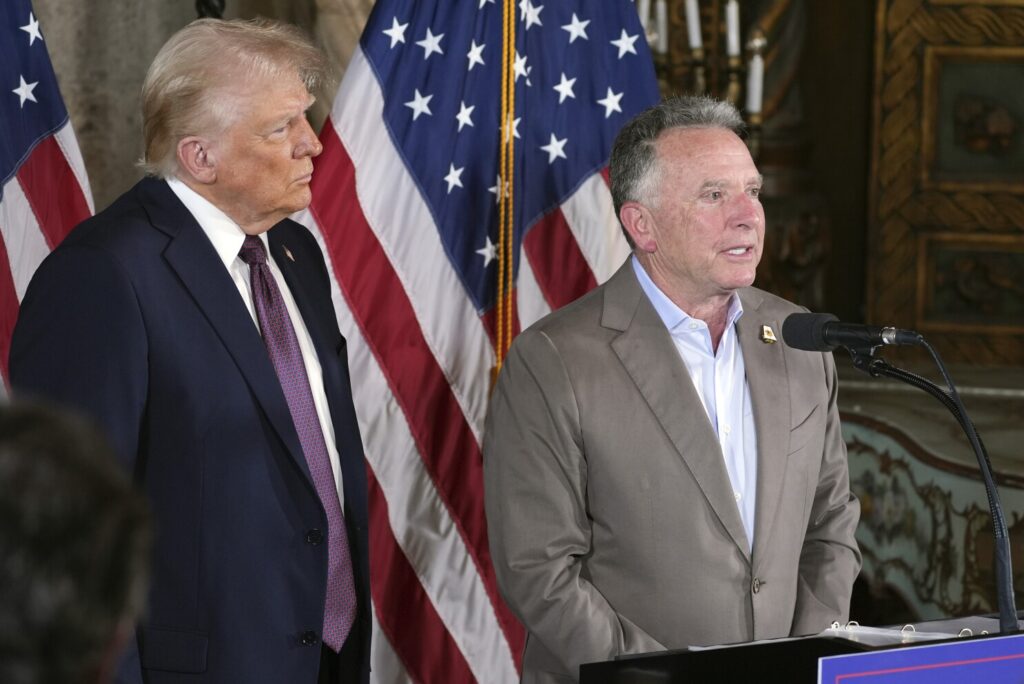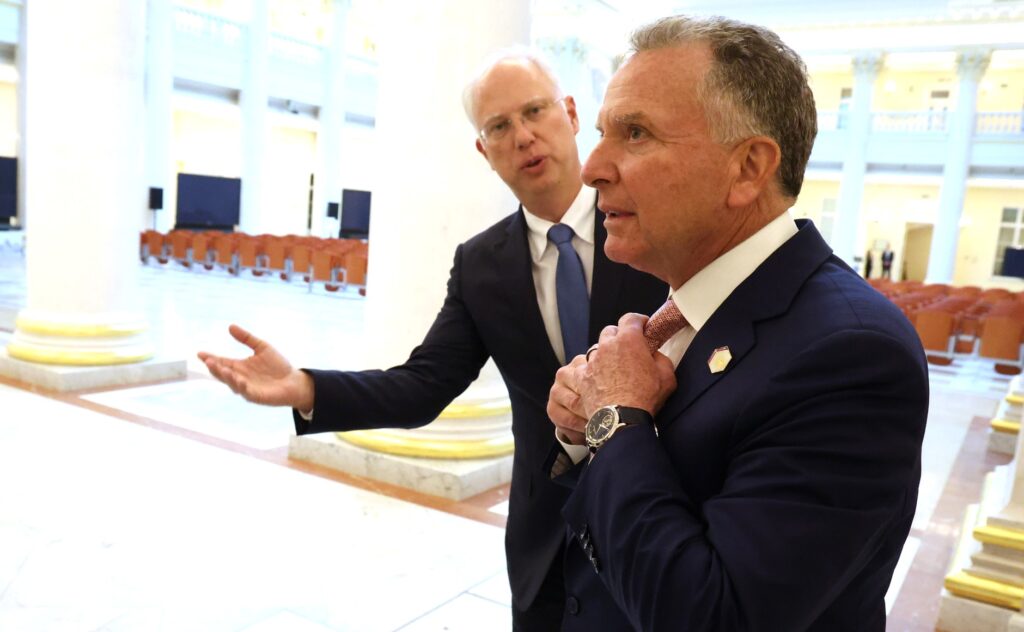The U.S. government’s recent appointment of Steve Witkoff as special envoy to the Middle East and Russia has sparked heated debate across diplomatic and legal circles. Witkoff, a prominent real estate developer with no formal experience in international relations, was tapped by President Trump to lead sensitive negotiations in regions critical to American foreign policy.

Constitutionally, American foreign affairs are to be conducted transparently under the checks and balances of both the Executive and Legislative branches. However, Steve Witkoff’s solo meetings with foreign leaders, including Russian President Vladimir Putin — without U.S. interpreters or official note-takers — have alarmed legal experts and national security officials. These actions raise red flags about compliance with the Freedom of Information Act (FOIA) and established diplomatic protocol.
Witkoff’s controversial engagements include failed ceasefire efforts between Israel and Hamas and contentious negotiations with Iran over its nuclear program. His public suggestion that Iran might retain uranium enrichment capabilities, later walked back, sparked bipartisan criticism. Legal analysts argue that such comments, made without the backing of formal policy or legal grounding, could compromise America’s international standing and violate existing nuclear non-proliferation agreements.

The lack of official oversight in Witkoff’s diplomatic activities brings into question the Trump administration’s approach to governance. Traditionally, high-stakes negotiations are managed by career diplomats trained in legal frameworks, treaty obligations, and cross-cultural communications. Witkoff’s business background, while valuable in the private sector, lacks the constitutional legitimacy and strategic nuance required for global diplomacy.
Moreover, lawmakers have expressed concern that delegating significant authority to unelected, unconfirmed individuals undermines the rule of law and sets a dangerous precedent for future administrations. Congress may need to consider legislative safeguards to ensure accountability in the conduct of foreign policy moving forward.
Ultimately, Steve Witkoff role exemplifies the blurred lines between political loyalty and professional competence. While the Trump administration defends his appointment as a move toward pragmatic, business-like negotiations, critics argue that national security and diplomatic integrity should not be compromised.
As tensions escalate in Ukraine and the Middle East, the effectiveness and legality of Steve Witkoff’s actions remain under close scrutiny. Whether his unorthodox methods yield tangible results or backfire on the international stage will play a key role in shaping the narrative of U.S. diplomacy under Trump 2.0.



